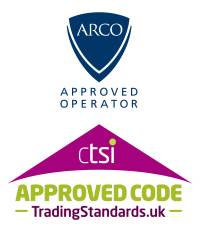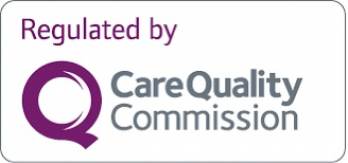What is a scam?
Millions of people are targeted by scammers every year. A scam is a dishonest way to make money by deceiving people. There are many different types of scam.
You may be approached:
- In person
- By email or on social media
- By post
- By phone or text.
Scammers do their homework and find information about you before they make contact. They use a variety of techniques to draw you in, including flattery and emotional manipulation.
Older people may be more vulnerable because scammers often target people who:
- live alone, may feel lonely and want to talk
- are at home during the day
- have money or valuables.
How to spot a scam
Some scams are very clever and they can be hard to spot. Things to look out for include:
- Offers that come out of the blue
- Requests to share your bank account details or verify a password or PIN
- Prizes that ask you to send money up front to claim your winnings
- Time-limited offers that ask you to act quickly
- Companies with vague contact details, such as a PO Box or mobile number, or a premium rate number usually beginning 090
- Companies that call you repeatedly and stay on the phone a long time
- Confidential offers that you're told not to tell family or friends about.
As a general rule, if something seems too good to be true – it probably is.
How to protect yourself
Scammers are clever and ruthless, and they'll do anything to get hold of your personal details. Be very careful about who you give your personal details to.
Never send money to someone you don’t know or trust. And remember – your bank or the police will never ask for your PIN or password, or ask you to transfer funds, for security reasons.
On the phone
- Hang up on cold callers and ignore cold texts.
- Register with the Telephone Preference Service. This is a free service that enables you to opt out of marketing calls. If a cold caller asks you to pay to register with TPS, this is a scam.
- Ask the name of the person who is calling you and who they represent. Check the information by calling the company’s head office.
- Wait for at least 20 minutes before you call an organisation or company that has called you unexpectedly, or use a different phone line, in case the caller has kept the line open.
Online
- Install legitimate antivirus and firewall software, and make sure you keep it up to date.
- Don’t click on links or attachments in an unsolicited email, even to unsubscribe. Go to the organisation’s own website.
- Don’t reply to scam emails, even to say no – this lets the scammer know the account is active.
- Don't use public Wi-Fi to make any financial transactions, such as online banking or shopping.



































